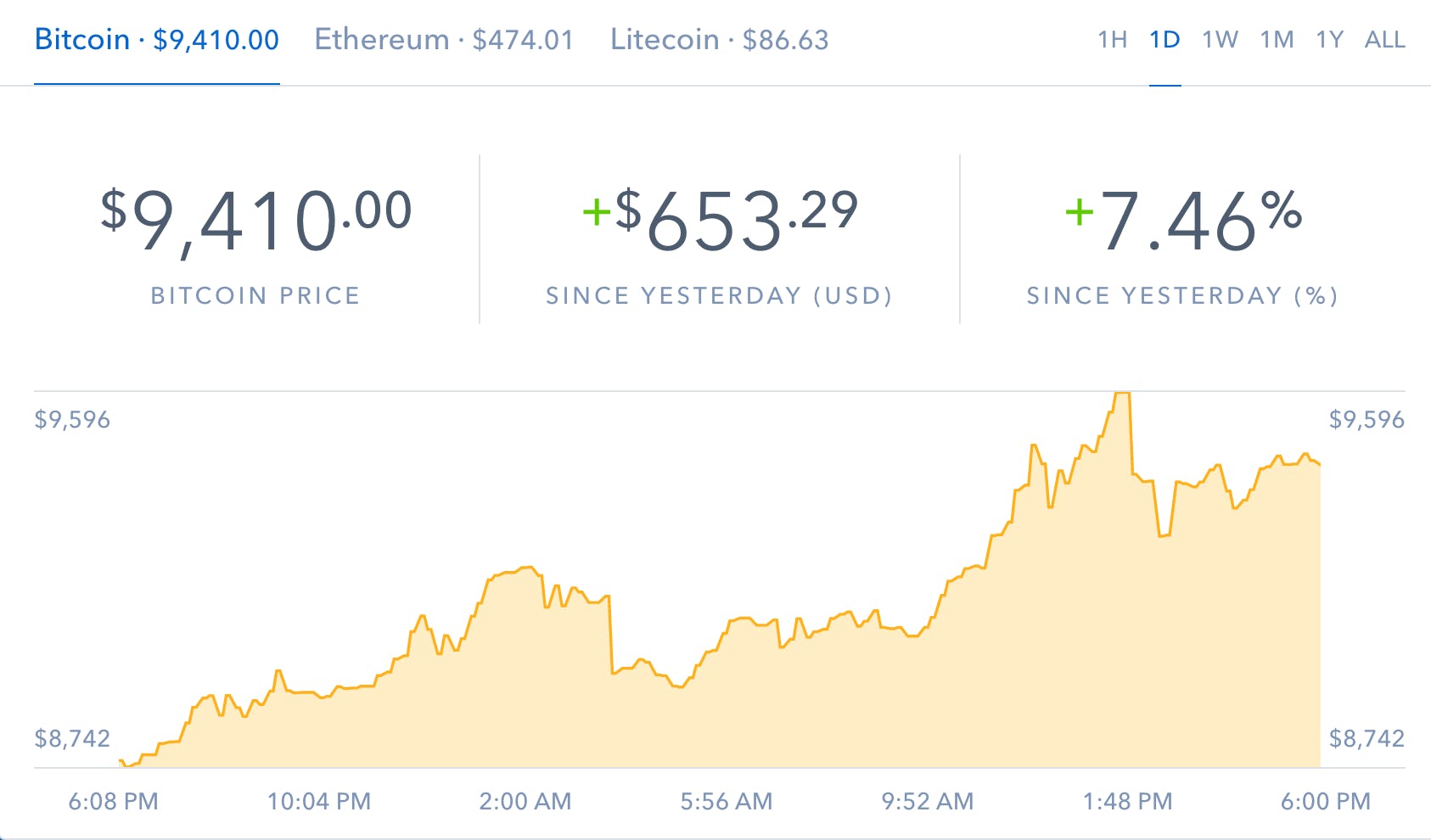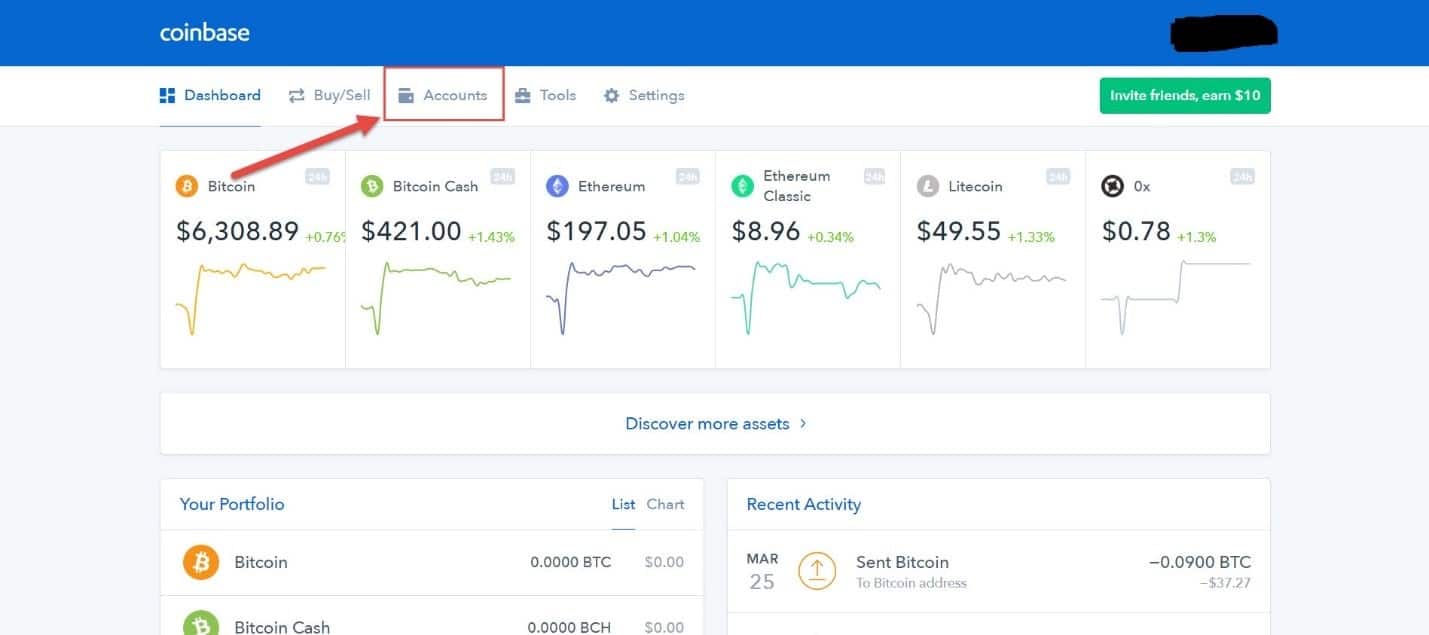

The company massively missed the predicted loss per share of $2.39, instead posting a loss of $4.98.

In its last earnings report, the company saw a $1.1 billion net loss. Now, though, Coinbase CEO Brian Armstrong may have an ace up his sleeve.Ĭoinbase Looks to Cut Costs, Up Subscriptions in Turnaround PlanĬoinbase’s revenue is in steep decline. Coinbase already did not impress in the second quarter and investors are bracing themselves for similar disappointment in Q3. These factors are just more financial sinks and outside distractions for a company in fiscal decline. Further investigations also delve into Coinbase’s other products, like its staking program. Like the lawsuits, the SEC is concerned about the company’s security offerings and their legality. Securities and Exchange Commission (SEC) has COIN directly in its crosshairs, looking to potentially make an example out of the company as it lays down the law for the crypto space. Gripes about security, misleading information and unregistered security offerings are now turning into investor cash grabs, causing the company to throw money into defending itself.Īll the investigations hampering Coinbase activity are not helping the situation, either. Obviously, the crypto winter is leaving a sour taste in investors’ mouths.

The company faces a multitude of class-action lawsuits, the most recent opening up just this week. When it’s not regulators bullying Coinbase, it’s shareholders. Could a new shift in business model be what Coinbase needs to turn things around? Both the company and COIN stock have been limping most of the year. Perhaps no company is more aware of this than Coinbase (NASDAQ: COIN). Last year was a gravy train, allowing anybody and everybody to win big on their crypto start-up or speculative token without requiring much by way of fundamental value. Crypto companies aren’t able to simply cruise on the ever-expanding bubble anymore.


 0 kommentar(er)
0 kommentar(er)
